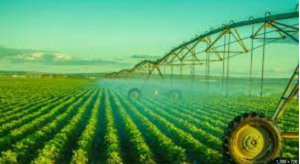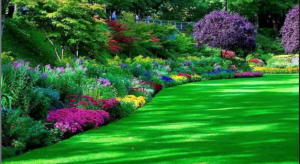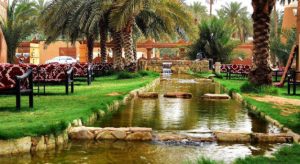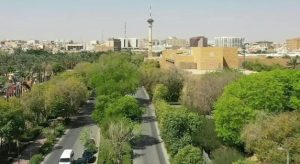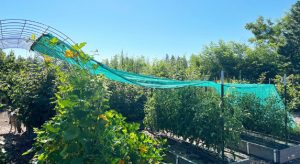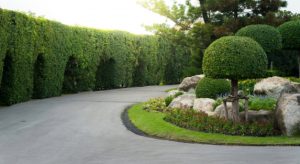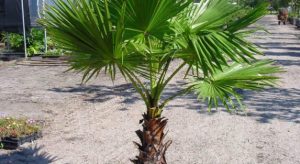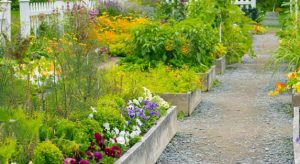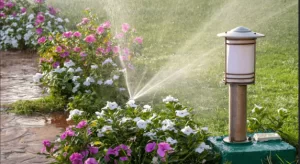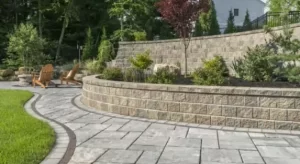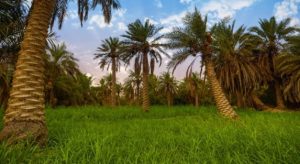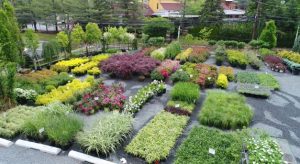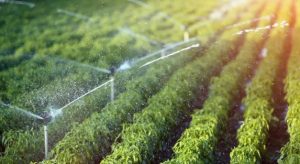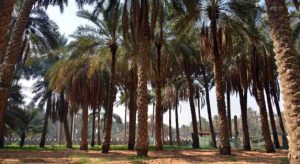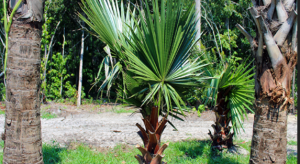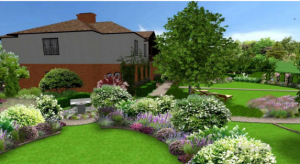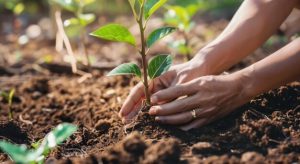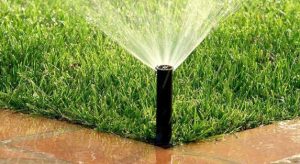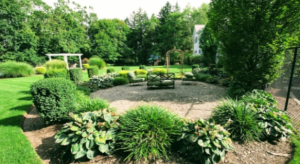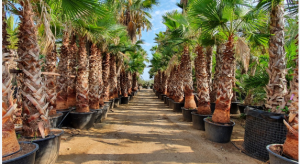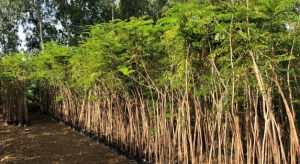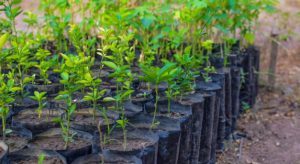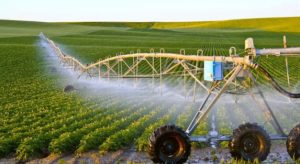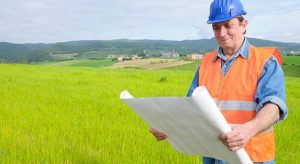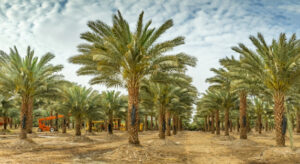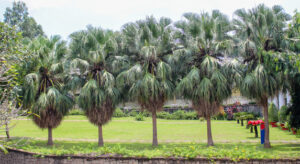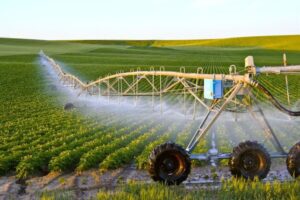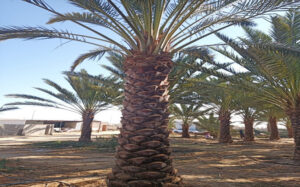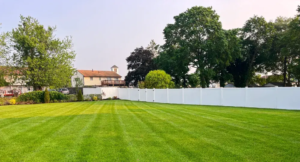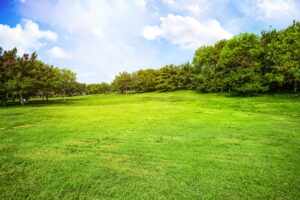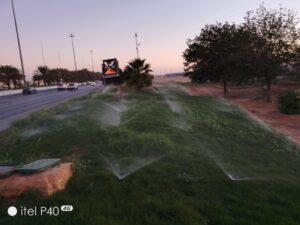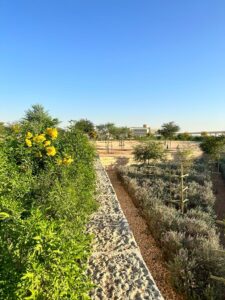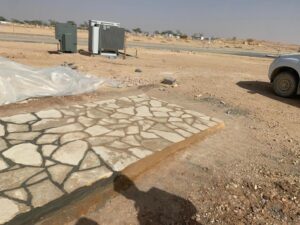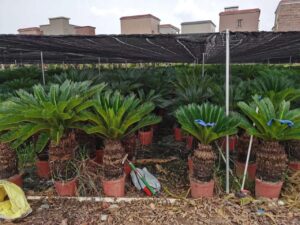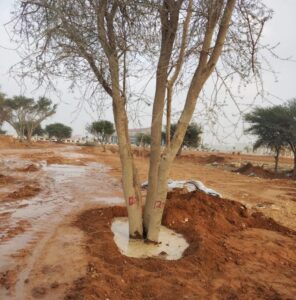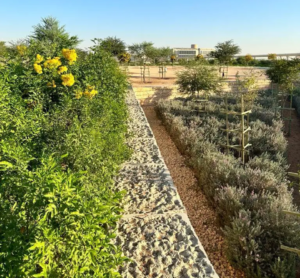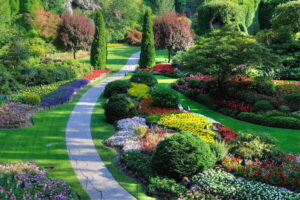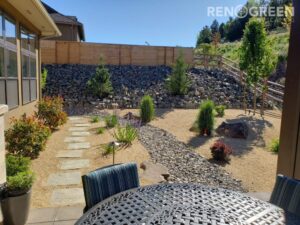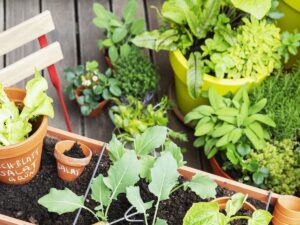The Future of Irrigation Technology in Riyadh
8 April, 2025
Introduction
Riyadh, the bustling capital of Saudi Arabia, lies in the heart of a desert region where arid climate conditions and scarce water resources present significant challenges. As the city continues to grow rapidly, both in terms of urban infrastructure and agricultural development, efficient water management has become not just a necessity, but a strategic priority. The demand for sustainable and smart irrigation solutions has never been more urgent, especially in a region where water conservation is critical for long-term ecological balance and food security.
In response to these challenges, irrigation companies in Riyadh are playing a pivotal role in revolutionizing the way water is used in landscaping, farming, and public green spaces. By leveraging cutting-edge technologies such as automated irrigation systems, real-time soil moisture sensors, weather-based controllers, and AI-powered analytics, these companies are transforming traditional irrigation practices into highly efficient, data-driven operations.
Moreover, the integration of smart irrigation systems is enabling precise water delivery based on plant needs, soil conditions, and climatic patterns—helping to reduce waste, lower operational costs, and increase crop yields. Many companies are also investing in sustainable practices, including the use of treated wastewater, drip irrigation methods, and solar-powered systems, to align with national goals for environmental sustainability.
This article delves into the future of irrigation technology in Riyadh, focusing on how local irrigation companies are embracing innovation to meet the city’s growing water demands. From smart solutions to AI integration and eco-friendly practices, we explore the technologies shaping the future of irrigation and the critical role these companies play in driving efficiency, productivity, and sustainability in a challenging environment.
1. Current Challenges in Irrigation in Riyadh
Irrigation in Riyadh faces a unique set of challenges driven by environmental, infrastructural, and urban factors. The city’s location in a hyper-arid zone, combined with rapid development, places immense pressure on its already limited water resources. Addressing these challenges is critical to ensuring sustainable water use and supporting both agricultural and urban green spaces.
1.1 Water Scarcity
One of the most pressing issues is water scarcity. Saudi Arabia primarily depends on non-renewable groundwater and desalinated seawater to meet its water needs. However, excessive reliance on underground aquifers has led to significant depletion, making this source increasingly unsustainable. Desalination, while a viable alternative, is energy-intensive and costly. In such a scenario, conserving water through efficient irrigation has become a national priority. Modern irrigation systems must now be designed to minimize water loss, recycle greywater, and optimize usage to reduce dependency on depleting sources.
1.2 Climate Conditions
Riyadh experiences extremely high temperatures and minimal annual rainfall, which further complicates irrigation efforts. The traditional methods of flood irrigation or inefficient sprinkler systems result in considerable water wastage due to evaporation and runoff. These outdated systems are now being phased out in favor of more efficient alternatives like pressure-compensated drip irrigation, subsurface systems, and sensor-based irrigation. Such innovations aim to deliver water directly to plant roots, reducing waste and maximizing impact.
1.3 Urban Expansion
The rapid pace of urbanization in Riyadh has significantly increased water consumption across residential, commercial, and recreational sectors. The growing demand for landscaped areas, parks, and gardens is putting additional strain on irrigation networks. Upgrading and expanding infrastructure to keep pace with this growth is essential to avoid water shortages and ensure efficient distribution.
2. Emerging Irrigation Technologies Shaping the Future
As water scarcity and climate challenges intensify in Riyadh, irrigation companies are increasingly turning to innovative technologies to drive smarter, more sustainable water use. These emerging solutions are not only improving efficiency but also transforming the future of irrigation in the region.
2.1 Smart Irrigation Systems
The adoption of smart irrigation systems is revolutionizing water management in Riyadh. By integrating Internet of Things (IoT) sensors, these systems monitor soil moisture levels, weather patterns, and plant requirements in real time. Based on the data collected, water delivery is automatically adjusted to match the specific needs of the plants, thereby minimizing water wastage and enhancing irrigation precision.
2.2 AI and Machine Learning in Irrigation
Artificial Intelligence (AI) and machine learning are enabling predictive irrigation models that forecast water demand based on historical data, soil behavior, and upcoming weather conditions. These technologies help optimize irrigation schedules, ensuring that water is used efficiently and only when necessary.
2.3 Drip Irrigation Advancements
Modern drip irrigation systems are highly suited to Riyadh’s arid climate. They deliver water directly to plant roots, reducing evaporation and surface runoff. Innovations such as pressure-compensating drippers and self-cleaning emitters are being adopted to improve system reliability and performance, even in harsh environmental conditions.
2.4 Solar-Powered Irrigation
Given the region’s high solar exposure, solar-powered irrigation pumps offer a sustainable and cost-effective alternative. These systems help reduce dependency on electricity or diesel, making irrigation more eco-friendly and economically viable in remote agricultural zones.
2.5 Hydroponics and Aeroponics
Soil-less farming methods like hydroponics and aeroponics are gaining traction in Riyadh. These systems use significantly less water—up to 90% less—than traditional farming. Local irrigation companies are collaborating with agribusinesses to deploy these technologies in urban and vertical farms, supporting sustainable food production.
3. Role of Irrigation Companies in Riyadh
Irrigation companies in Riyadh are playing a transformative role in addressing the city’s water management challenges. Through innovation, collaboration, and education, these companies are driving progress toward more efficient and sustainable irrigation systems tailored to the region’s environmental needs.
3.1 Research and Development (R&D)
At the heart of innovation lies a strong emphasis on research and development. Leading irrigation companies in Riyadh are actively investing in R&D to design and test irrigation technologies suited for the harsh, arid climate of the region. From developing drought-resistant systems to experimenting with water-saving techniques, R&D efforts are focused on creating solutions that maximize crop yield while minimizing water usage. Customized systems based on local soil, crop type, and weather data ensure higher efficiency and long-term viability.
3.2 Government and Private Sector Collaboration
A key factor in driving impactful change is strong collaboration between irrigation companies and government entities. In Riyadh, many companies partner with Saudi Arabia’s Ministry of Environment, Water, and Agriculture (MEWA) to align with national water conservation goals. These collaborations include the implementation of smart irrigation initiatives, pilot projects for advanced technologies, and the scaling of successful models across urban and rural areas. Such public-private partnerships help accelerate the adoption of best practices and technologies that address water scarcity and ensure food security.
3.3 Training and Awareness Programs
Technology alone isn’t enough—education is equally critical. Irrigation companies are leading training and awareness campaigns to educate farmers, landscapers, and municipal planners about the importance of efficient irrigation methods. These programs cover everything from proper system installation and maintenance to the benefits of using data-driven irrigation. By empowering stakeholders with knowledge, companies are fostering a culture of conservation and long-term sustainability.
4. Future Trends in Riyadh’s Irrigation Sector
As Riyadh embraces modernization and sustainability, the irrigation sector is poised for significant transformation. Future trends point toward highly intelligent, efficient, and eco-conscious irrigation solutions that will redefine how water is managed in both urban and agricultural landscapes.
4.1 Expansion of Smart Cities
Riyadh is at the forefront of Saudi Arabia’s vision for a smarter, greener future. Projects like NEOM and other smart city developments are setting a new benchmark in urban planning. These initiatives will integrate advanced irrigation technologies powered by artificial intelligence to manage green spaces, vertical farms, and community gardens. AI-driven systems will automatically adjust water flow based on real-time data from weather stations and soil sensors, ensuring water is used precisely and efficiently—key to sustainable city living.
4.2 Water Recycling and Reuse
In response to growing water scarcity, Riyadh’s irrigation strategies are expected to include large-scale implementation of water recycling systems. Advanced treatment and filtration technologies will enable the safe reuse of treated wastewater for irrigation purposes. This approach not only conserves valuable freshwater but also provides a steady and reliable alternative source for maintaining parks, landscapes, and agricultural fields. The shift toward greywater reuse is a major step in promoting circular water economy practices.
4.3 Robotics in Agriculture
Automation is quickly making its way into Riyadh’s agricultural sector. Future irrigation systems will include autonomous drones and robotic tools that monitor crop health, soil conditions, and moisture levels. These machines will be capable of delivering water with pinpoint accuracy, reducing human labor and minimizing waste. The integration of robotics will enhance productivity, particularly in large-scale farms, and enable more precise irrigation scheduling across vast areas.
5. Conclusion
Riyadh stands at the crossroads of rapid urban development and increasing environmental challenges, particularly water scarcity. As the capital of Saudi Arabia, it faces the pressing need to secure long-term water sustainability while supporting both urban landscaping and agricultural growth. The future of irrigation in Riyadh depends heavily on the widespread adoption of smart, innovative, and sustainable technologies.
Irrigation companies in Riyadh are stepping up to meet these challenges by integrating cutting-edge technologies into their systems and services. The use of Artificial Intelligence (AI) and the Internet of Things (IoT) is transforming how water is managed and distributed. AI algorithms can now analyze weather forecasts, historical data, and soil moisture levels to generate predictive irrigation schedules that prevent overwatering and reduce waste. IoT-enabled sensors, deployed in fields and gardens, provide real-time feedback, allowing systems to automatically adjust water output based on current conditions.
Another major advancement is the integration of renewable energy sources—particularly solar power—into irrigation infrastructure. Solar-powered pumps and systems not only reduce reliance on conventional energy sources but also lower operational costs and carbon footprints, making them ideal for Riyadh’s sun-rich environment.
Moreover, these innovations are being supported by public-private collaborations, especially with initiatives driven by Saudi Arabia’s Vision 2030, which places a strong emphasis on sustainability and smart city development. From smart irrigation systems in NEOM to advanced water recycling initiatives, Riyadh is becoming a testing ground for future-ready water management strategies.
In conclusion, by embracing these forward-thinking technologies and practices, Riyadh is laying the foundation for a more water-secure and agriculturally productive future. The role of irrigation companies is not just operational—it is visionary, leading the charge toward a sustainable tomorrow.
- Fountain and Waterfalls
- Gardening
- hardscape
- Irrigation system
- Landscape
- Lawn
- Nursery
- Palm Tree
- Plantation and Maintenance
- softscape
- Tree Transplanting
- Washingtonian Tree
Categories
Latest Post
- Fountain and Waterfalls
- Gardening
- hardscape
- Irrigation system
- Landscape
- Lawn
- Nursery
- Palm Tree
- Plantation and Maintenance
- softscape
- Tree Transplanting
- Washingtonian Tree





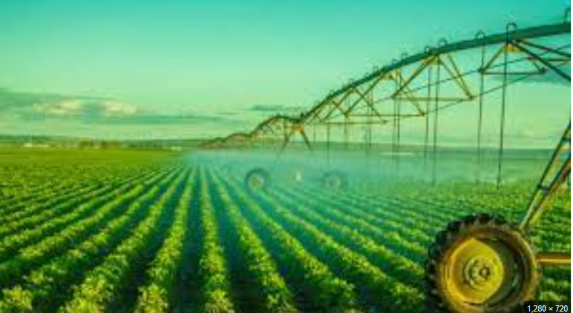

 .
.
